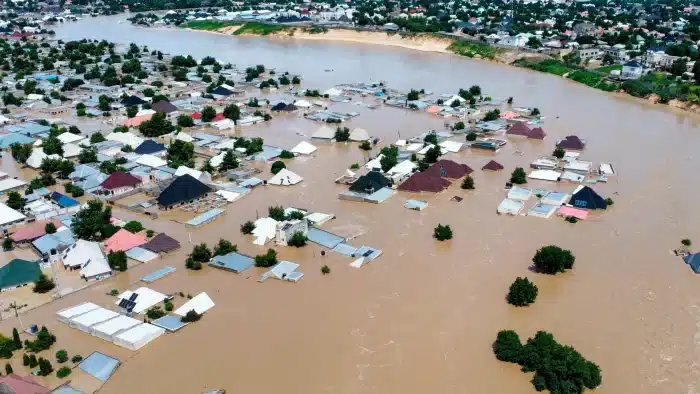Electricity Workers Strike: 5 Ways Nigerians Can Prepare for the Blackout Ahead
If you live in Nigeria, you already know that light no dey get respect. One minute you’re frying plantain and jamming Wizkid’s new track on loudspeakers, the next minute gbam! darkness swallows the whole street. But this time around, it’s not just the usual “up NEPA, down NEPA” routine. With electricity workers officially on strike, what we’re staring at is not just power cuts—it’s the possibility of a nationwide blackout that could drag for days or even weeks.
Picture this: you’re in Lagos traffic on a humid evening, your phone battery blinking red at 2%. You finally get home, only to realise there’s no light, your generator is out of fuel (and fuel station queues are longer than wedding guest lists), and your frozen stew in the fridge is already beginning to smell like “wahala.” That’s the exact nightmare this looming strike could unleash on millions of households if we don’t brace ourselves.
In true Nigerian spirit, we don’t just fold arms when wahala knocks—we improvise, strategise, and survive by fire by force.
So before darkness fully settles in, here are 5 ways you can prepare for the blackout ahead:
1. Charge Like Your Life Depends on It
Forget casual charging. This is the time to charge everything chargeable—phones, laptops, rechargeable lamps, power banks, even that torchlight you bought during COVID but abandoned in the drawer.
Nigerians know the drill: once strike action bites, even small 2-hour flashes of electricity will be like gold. So whenever the grid still blinks with power, treat it like last supper—plug everything in.
2. Fuel Your Generator, but Think Smart
Let’s be honest: not every pocket is smiling right now. Fuel prices have turned gen usage into a luxury. But this strike is a reminder—better to buy fuel today than to join the midnight queue tomorrow.
Even if you can’t fill the tank, at least keep some handy for emergencies. But here’s the smarter angle—don’t just waste fuel to power your entire flat. Learn to ration: maybe light + fan at night, fridge during the day. Survival over vibes.
3. Stockpile Food That Survives Heat
If you’re the type who loves packing your freezer with soup for three weeks, my sister, it’s time to rethink. A blackout will turn your fridge into a microwave in less than 24 hours.
Also Read: Before You Rent on Lagos Island, Read This Flood Survival Guide
Focus on non-perishable foods—yam, garri, beans, plantain, dried fish, groundnut, and packaged stuff like noodles. Even bread and sardine will save you from unnecessary hunger cries. Nigerians have survived worse; this one too, we go survive.
4. Community Spirit Is Everything
In times like this, your neighbour is your best friend. That guy with solar panels? Befriend him now. That woman who sells ice blocks? She’ll be more powerful than CBN. This is where Nigerians shine—borrowing, sharing, hustling together. If your estate or street can chip in for shared fuel or ice, better start mobilising. After all, blackout no dey respect mansion or face-me-I-face-you.
5. Prepare Mentally for Darkness
This might sound funny, but truth be told—mental readiness is half the battle. Strikes in Nigeria can drag longer than a Yoruba movie wedding scene.
So prepare your mind for long evenings without light, plan alternative entertainment (Ludo, cards, neighborhood gist), and keep the spirit up.
Nigerians have mastered the art of turning suffering into comedy—this might be the moment TikTok comedians get their biggest inspiration.
Up Nepa
The electricity workers’ strike may look like another chapter in Nigeria’s endless struggle with power, but for the average citizen, it’s survival mode that really matters. We can’t control the negotiations between unions and government, but we can control how ready we are.
As the saying goes, “Na who get torchlight go find road first.” So charge, stock up, fuel wisely, lean on community, and prepare your mind. If we can survive fuel subsidy removal, inflation, and endless traffic, trust Nigerians to survive blackout too.








